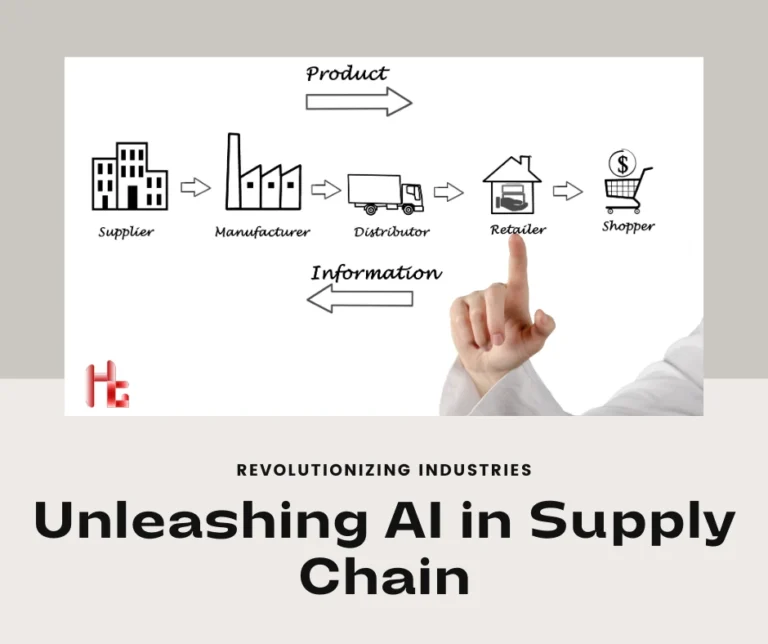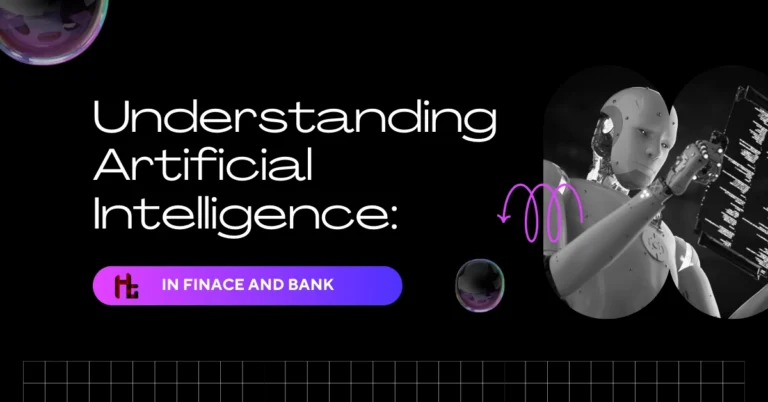The Ethics of AI: Should We Be Concerned?
Artificial Intelligence (AI) has rapidly evolved from a theoretical concept to a ubiquitous presence in our lives. Early 20th-century pioneers like Alan Turing imagined machines simulating human intelligence. Now, AI powers everything from personal assistants like Siri and Alexa to sophisticated systems in healthcare, finance, and law enforcement.
AI’s progress has yielded remarkable advancements in data analysis, decision-making, and automation. However, this rapid evolution raises critical ethical questions. As AI systems gain power, how can we ensure they benefit humanity without compromising individual rights? What are the ethical implications of machines making decisions for us, particularly in sensitive areas like employment, surveillance, and healthcare? These concerns are driving growing discussions about AI ethics, focusing on bias, privacy, and potential misuse.
The increasing integration of AI into our lives demands a thoughtful examination of its ethical guidelines. While AI offers potential solutions for climate change, medical diagnostics, and poverty, we must remain aware of its ethical risks. Without careful consideration, these technologies could worsen social inequalities, undermine privacy, and perpetuate systemic bias.
This article explores the ethical implications of AI, including AI bias, privacy concerns, and potential misuse in surveillance and hiring.
Understanding the ethics of AI is crucial as we continue to innovate.
What is AI Ethics?
AI ethics addresses the moral implications and concerns surrounding the development, deployment, and impact of AI technologies. As AI systems become more autonomous, examining the ethical frameworks guiding their use is crucial. AI ethics is a multidisciplinary field encompassing philosophy, law, sociology, and technology.
Fundamentally, AI ethics aims to ensure that AI systems are designed and utilized fairly, transparently, and in alignment with human values. Ethical AI development strives to prevent harm, promote accountability, and guarantee equitable and inclusive systems.
Why Should We Be Concerned about AI Ethics?
As AI becomes increasingly embedded in our daily routines, the potential for unintended consequences increases. AI ethics seeks to address these risks before they become widespread problems. For example, AI-driven technologies like facial recognition software, used for identifying individuals in public spaces, offer security benefits but raise concerns about surveillance and privacy.
The growing autonomy of AI systems means we are entrusting machines with greater decision-making power. AI ethics aims to ensure these systems do not perpetuate harm or make biased decisions that negatively impact individuals, especially in areas like healthcare, criminal justice, and hiring.
This concern intersects directly with the ongoing discussion about the future of work and how AI is reshaping job roles, which we explored in our previous post that the integration of AI in the workplace requires careful consideration of its ethical implications to ensure a fair and just transition for workers.
The Issue of AI Bias
AI bias refers to prejudices or unfairness within AI systems due to biased data or algorithms. These biases often reflect human prejudices present in the data, which AI models then reinforce. Facial recognition technologies, for instance, have demonstrated lower accuracy for people of color, stemming from datasets predominantly featuring lighter-skinned individuals.
This bias can be further compounded when considering how AI is revolutionizing the healthcare industry, as AI’s impact on healthcare. Ensuring that AI-powered diagnostic tools and treatment recommendations are free from bias is essential for providing equitable healthcare for all.
AI algorithms are increasingly used in recruitment to screen job applicants. However, if trained on past hiring data reflecting gender or racial biases, the AI may unintentionally favor certain demographic groups. This can significantly impact workplace diversity and inclusion, creating systemic barriers for underrepresented groups. AI models used in hiring must undergo rigorous testing to avoid perpetuating these biases.
AI bias extends beyond hiring and facial recognition. In criminal justice, AI-powered predictive tools assess re-offending likelihood based on historical arrest data. If the training data is biased, the AI could disproportionately flag minority communities as higher-risk, further entrenching racial inequalities. The ethical implications of AI bias are profound, potentially leading to lasting social consequences. Regular audits of AI systems for fairness are crucial to prevent exacerbating societal inequalities.
While reducing AI bias is challenging, it is achievable. Developers need to focus on collecting diverse and representative datasets. Incorporating feedback from various stakeholders during the design phase can help identify and mitigate potential biases early on. Ongoing efforts to develop frameworks and guidelines for auditing AI systems aim to ensure they operate without discrimination.
AI and Privacy Concerns
AI technologies have led to significant advancements, but they also raise serious privacy concerns. Many AI systems require vast amounts of personal data to function effectively, ranging from voice assistants that capture voice data to AI-powered recommendation systems tracking browsing behavior. While offering convenience, these systems raise concerns about the extent of personal information collected and whether users are fully aware of how their data is used.
For instance, AI-driven tools used in online advertising track user activity across websites to personalize experiences. While this may seem beneficial, issues arise when companies collect and share this data without clear user consent or adequate safeguards. This raises ethical concerns about potential exploitation, as consumer data can be used to manipulate behaviors or infringe upon privacy.
Similarly, AI tools for businesses highlights the need for ethical data handling practices to ensure customer privacy is not compromised in the pursuit of productivity and innovation.
AI is also deployed in surveillance systems. Governments and private companies increasingly utilize AI to monitor public spaces, track individual movements, and analyze behavior patterns. While proponents argue this is necessary for safety and security, it poses risks to civil liberties. The lack of transparency, regulation, or oversight in these technologies intensifies privacy concerns, potentially leading to widespread surveillance and erosion of individual freedoms.
Protecting privacy rights in the age of AI requires stricter regulations and transparency from companies using these technologies. Frameworks like the General Data Protection Regulation (GDPR) in Europe offer a step towards safeguarding privacy by providing individuals with greater control over their personal data. However, global standards are still developing, and many advocate for more robust measures to address privacy concerns across all industries utilizing AI.
Misuse of AI: Surveillance and Hiring
AI technologies are increasingly used for surveillance, raising ethical concerns. Governments and corporations worldwide leverage AI to monitor public spaces and track individuals. While proponents argue that AI-enhanced surveillance improves safety, questions about privacy and personal freedoms remain unresolved. In some countries, AI-powered facial recognition is deployed to monitor citizens in public areas without their knowledge or consent, raising concerns about the emergence of a surveillance state.
AI’s use in hiring practices is another area with significant ethical implications. AI recruitment tools, designed to streamline hiring by automating tasks like resume screening and candidate evaluations, are susceptible to biases present in their training data. If historical hiring data reflects gender or racial biases, the AI will perpetuate these inequalities, leading to a lack of diversity in the workplace and disadvantaging certain groups. Ethical AI in hiring ensures that recruitment technologies promote diversity and fairness rather than reinforcing stereotypes.
For instance, AI-powered chatbots are transforming customer service. While these chatbots can enhance efficiency, it’s crucial to ensure they are programmed to treat all customers fairly and avoid perpetuating existing biases.
Organizations must ensure that AI systems used in recruitment or surveillance are transparent and regularly audited for bias. Adopting best practices like diverse training data, human oversight, and continuous monitoring of AI outputs can help address these ethical concerns.
Ensuring Ethical AI Development
Building ethical AI requires organizations to adhere to established ethical frameworks. Leading bodies like IEEE, UNESCO, and the EU have developed guidelines emphasizing transparency, fairness, accountability, and inclusivity in AI development. These guidelines help developers align their AI systems with ethical principles, minimizing harm and promoting social good.
The Role of Government Regulation
Governments have a crucial role in shaping AI ethics. Laws and regulations are necessary to ensure responsible development and use of AI systems. The EU’s AI Act exemplifies a regulatory framework aiming to ensure that AI technologies meet stringent ethical standards. Governments must balance the need for regulation with fostering innovation, ensuring policies don’t hinder technological progress.
Conclusion
The ethics of AI are a pressing concern as AI technologies become increasingly integrated into our lives. From AI bias to privacy concerns, the potential risks are real, but so are the benefits. AI has the potential to drive positive change, improving healthcare outcomes and addressing climate change. However, without proper ethical frameworks, these technologies could worsen societal inequalities, compromise privacy, and be used for harmful purposes.
Addressing the ethical implications of AI head-on is crucial. By embracing responsible AI development, encouraging transparency, and ensuring fairness and privacy in AI systems, we can create a future where AI serves humanity ethically and responsibly. The question isn’t whether we should be concerned, but how we can ensure AI works for humanity.







